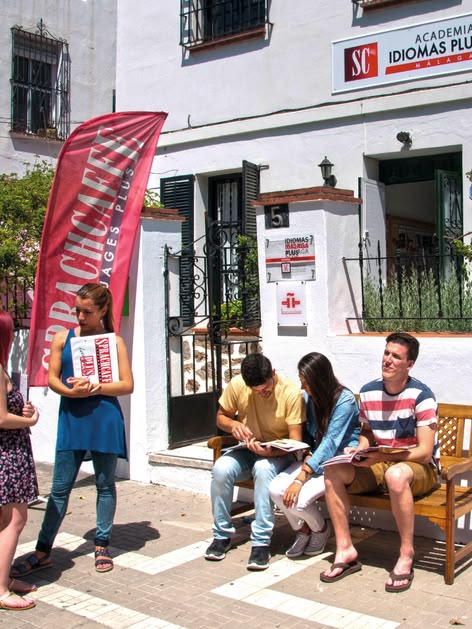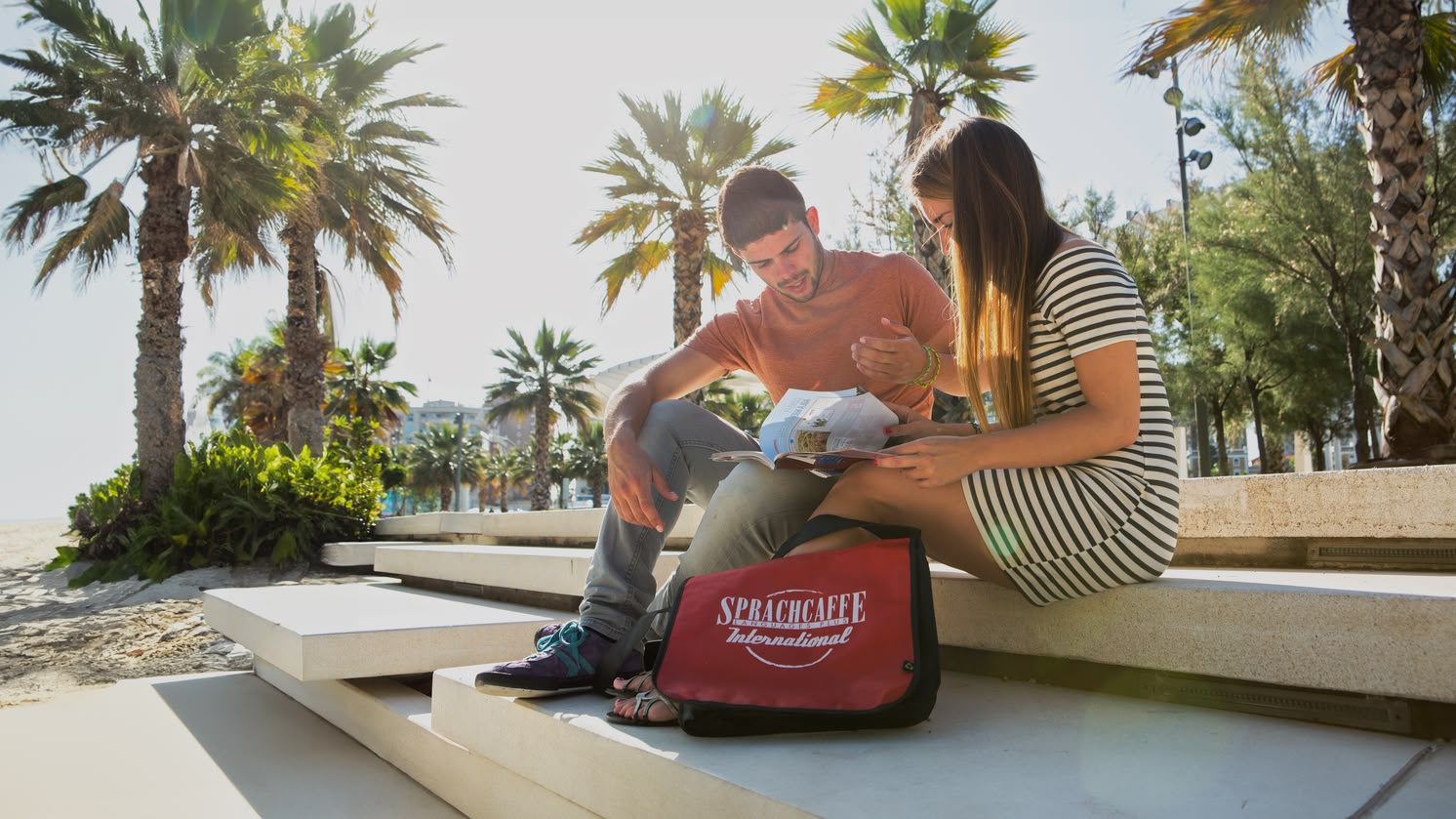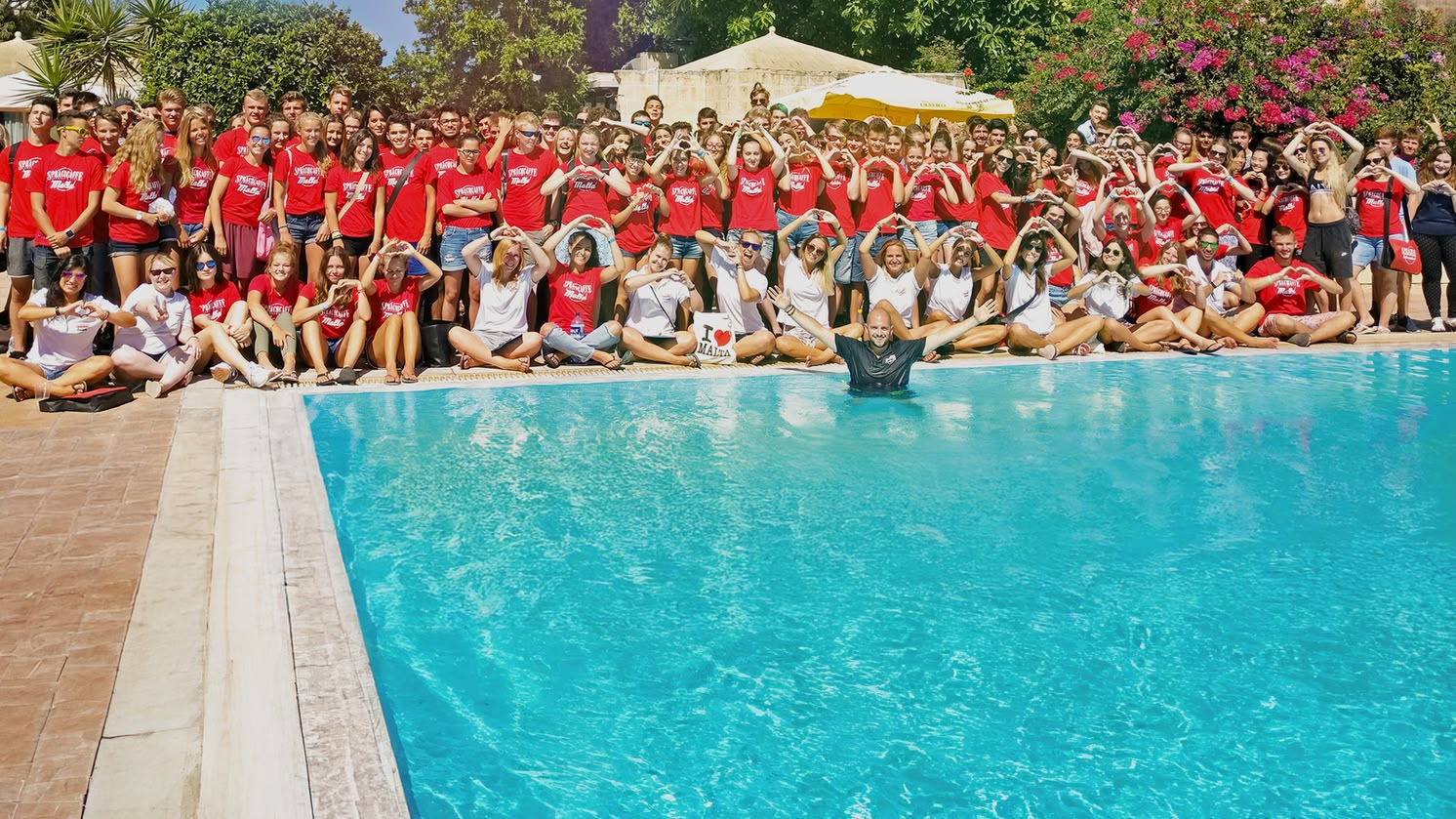Spanish Simple Conditional: Formation, Use and Examples
The simple indicative conditional is a Spanish verb tense used to express hypothetical, possible or imaginary actions or situations in relation to a past or future context. This verb tense is used to talk about what would happen or would be in certain specific conditions or circumstances.
Spanish simple conditional at a glance
The indicative conditional is a verb tense used in several languages, including Spanish, to express hypothetical, probable or future situations from a conditional or speculative point of view. In Spanish, it is formed by combining the infinitive of the verb with the corresponding endings according to the conjugation. Through the conditional, various situations can be expressed that may or may not materialize in the future, as well as being used to express desires, courtesy, suggestions, among other linguistic nuances.
It is important to note that the conditional indicative is not always related to the real future. Its use can encompass a variety of situations involving conditions, probability and speculation. In contrast to the simple future, which expresses future actions in a more direct manner, the conditional adds a nuance of uncertainty, condition or possibility to the situations posed. Its conjugation and proper use add richness and nuance to communication in the Spanish language.
Formation of the conditional indicative
The formation of the simple conditional is based on the infinitive of the main verb and the endings corresponding to this tense. It should be clarified that with the conditional all verbs take the same ending, regardless of whether it ends in -ar, -er or -ir. However, just as in the simple future, there are irregular verbs, whose ending you must learn by heart.
Table of regular verb conjugations
| Personal pronoun | Verb ending | Verbs ending in -ar such as hablar | Verbs ending in -er such as comer | Verbs ending in -ir such as vivirYo | -ía | hablaría | comería | viviría |
|---|---|---|---|---|---|---|---|---|
| Tú | -ías | hablarías | comerías | vivirías | ||||
| Él / Ella / Usted | -ía | hablaría | comería | viviría | ||||
| Nosotros / Nosotras | -íamos | hablaríamos | comeríamos | viviríamos | ||||
| Vosotros / Vosotras | -íais | hablaríais | comeríais | viviríais | ||||
| Ellos / Ellas / Ustedes | -ían | hablarían | comerían | vivirían |
Explore the world and improve your Spanish at the same time! Learn with Sprachcaffe in an international group and live the adventure of a lifetime in Malaga, Madrid, Barcelona or Havana!
Table of conjugations of irregular verbs
| Personal pronoun | Verb ending | To say | To do | To know |
|---|---|---|---|---|
| Yo | -ía | diría | haría | sabría |
| Tú | -ías | dirías | harías | sabrías |
| Él / Ella / Usted | -ía | diría | haría | sabría |
| Nosotros / Nosotras | -íamos | diríamos | haríamos | sabríamos |
| Vosotros / Vosotras | -íais | diríais | haríais | sabríais |
| Ellos / Ellas / Ustedes | -ían | dirían | haría | sabrían |
Uses of the conditional of indicative in Spanish
The simple indicative conditional is used in various situations to express hypothetical, possible or imaginary actions or situations:
- Conditional actions: Used to talk about what would happen in the future under certain conditions.
For example: "Si tuviera más tiempo, viajaría." - Wishes and politeness: Used to express wishes or requests in a polite manner.
For example: "Me gustaría ir al concierto." - Suggestions and advice: Used to give suggestions or advice in a friendly manner.
For example:"Deberías estudiar más para el examen." - Hypothetical situations in the past: Can be used to express how things would have been if circumstances had been different in the past.
For example: "Habría aceptado el trabajo si me lo hubieran ofrecido." - Politeness and courtesy in speech: Sometimes used to make requests or ask questions in a polite manner.
For example: "¿Podría usted ayudarme?"
Discover all options to learn Spanish abroad









